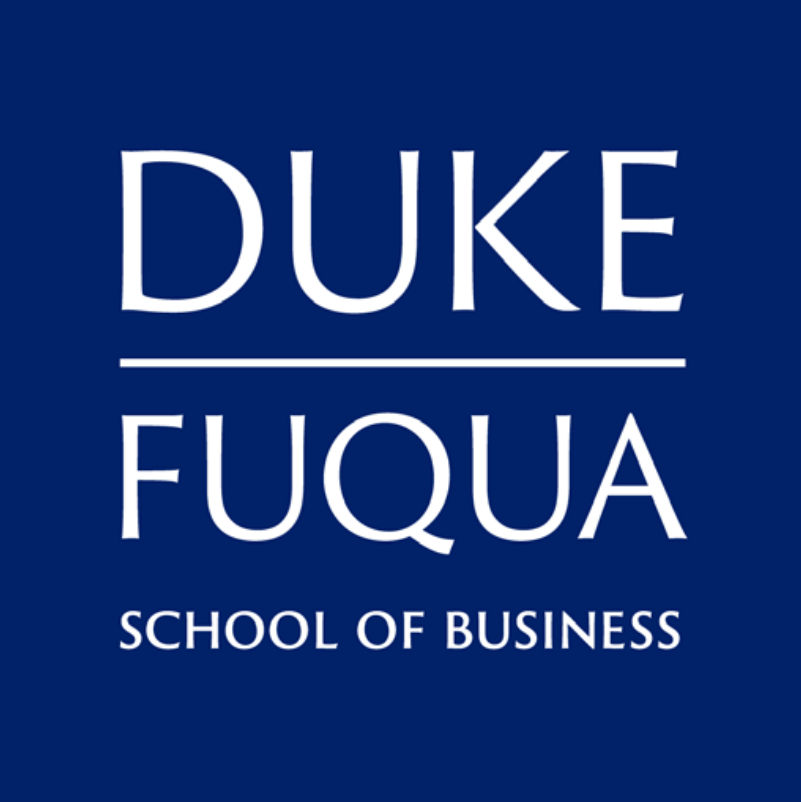Why Choose Duke CE?
Originating from Duke University’s Fuqua School of Business, Duke Corporate Education was founded with the objective of combining world-class leadership science with a practitioner approach to achieve organization and business impact.


Ranked #1 Worldwide
in Custom Executive Education
by the Financial Times
Teaching methodology
Customer satisfaction

Why do we exist?
The velocity, scope, and unpredictability of change have created a new reality, where organizations must constantly adapt and innovate to thrive. We empower leaders at all levels to be catalysts of change in their organizations and, ultimately, in society.
What problems do we solve?
Your problems are our problems. We start with your strategic challenges and co-create customized leadership offerings to ignite transformation by shifting mindsets and empowering leaders. We provide offerings at scale, working at all levels of your organization.
How can we help you?
We design and deliver immersive experiences with best-in-class faculty to help reach your strategic outcomes. How? By accelerating your business leaders and your teams — with an emphasis on shifting behaviors. Our offerings help you build the organization you want to see — now, and in the future.
We partner with business leaders
to change the world at speed
Our leadership offerings help you shift mindsets, starting now.
Develop your leaders to creatively
align value with values
Our sustainability offerings include certificates for company executives, 400+ ESG online
courses, and custom-designed programming.
“Implats has always recognized the importance of strong leadership. But we knew that we were moving into new territory, and that demanded a new approach to how we develop leaders.”
Lee-Ann Samuel, Group Executive for People, Implats
Where we operate
We deliver our services in more than 85 countries, globally. To serve our clients around the world, we have offices in Africa, Asia, Europe, and the United States.
View our locationsCountries Delivered
Global Educators
Programs Completed
Leaders Engaged
The Latest
Thought Leadership
Want to know what’s new in leadership and business? Our robust network of organizational
and academic experts explores the latest trends, findings and insights in Dialogue.